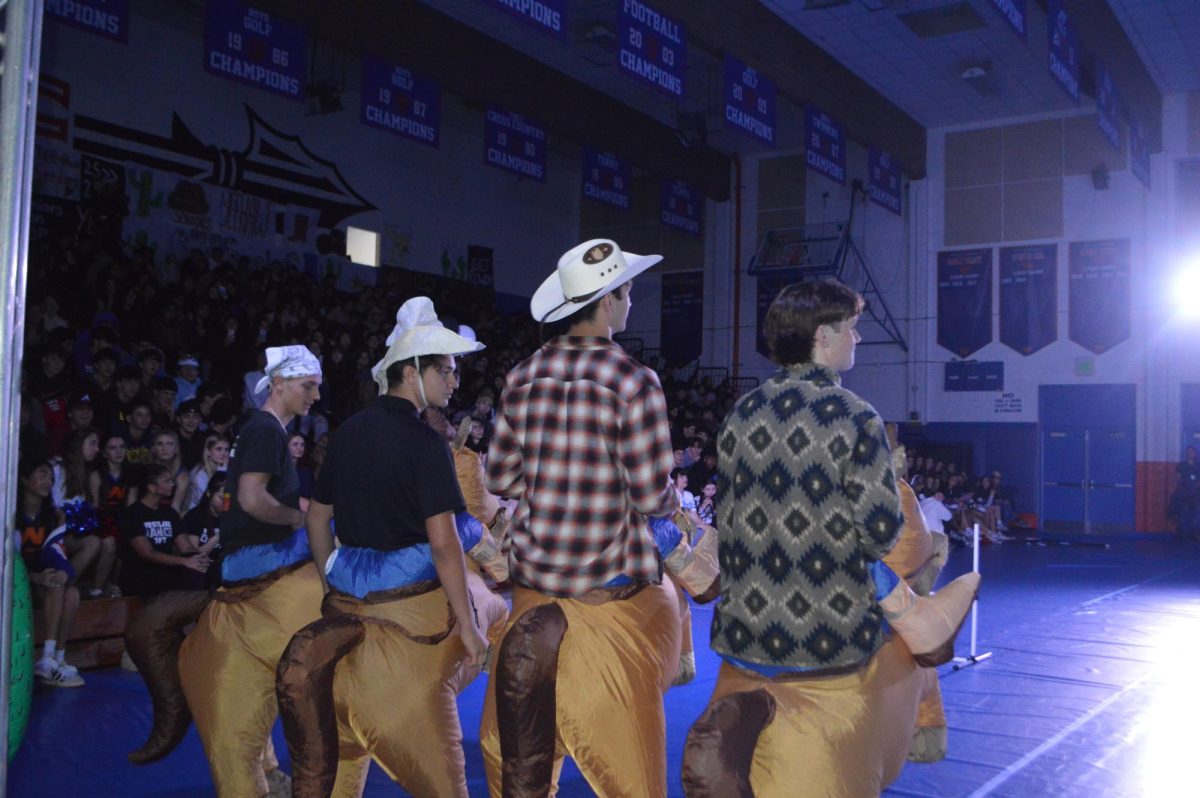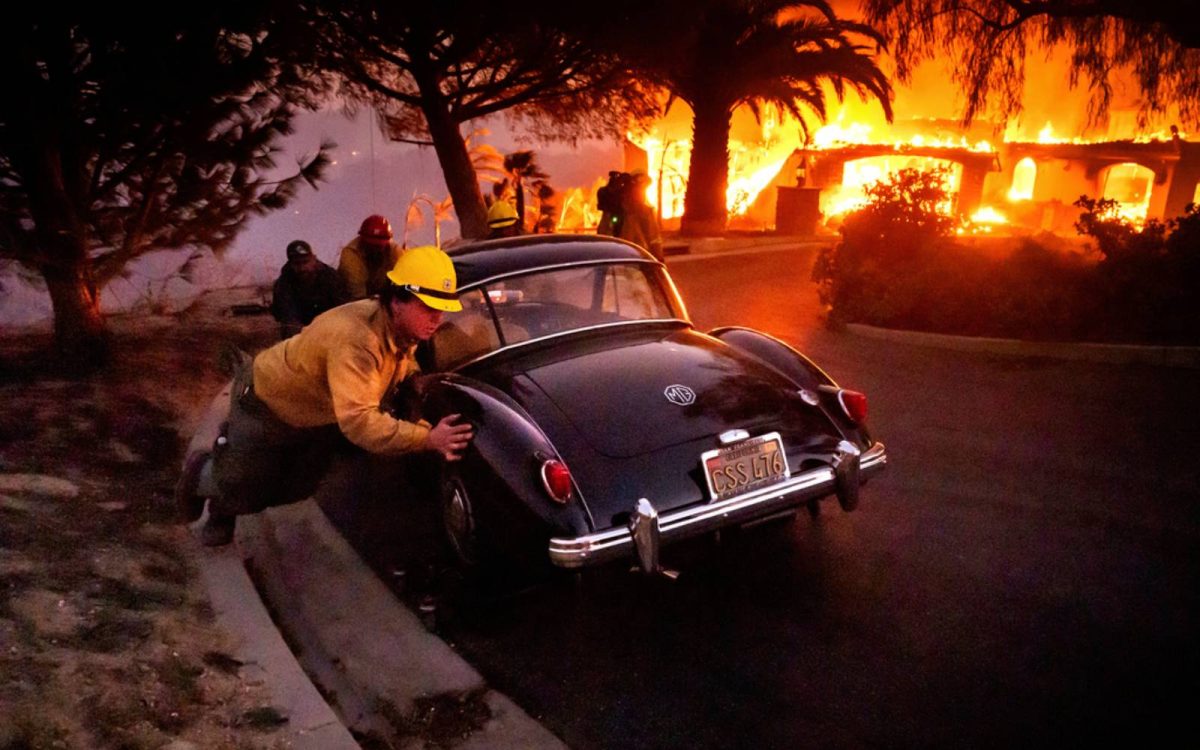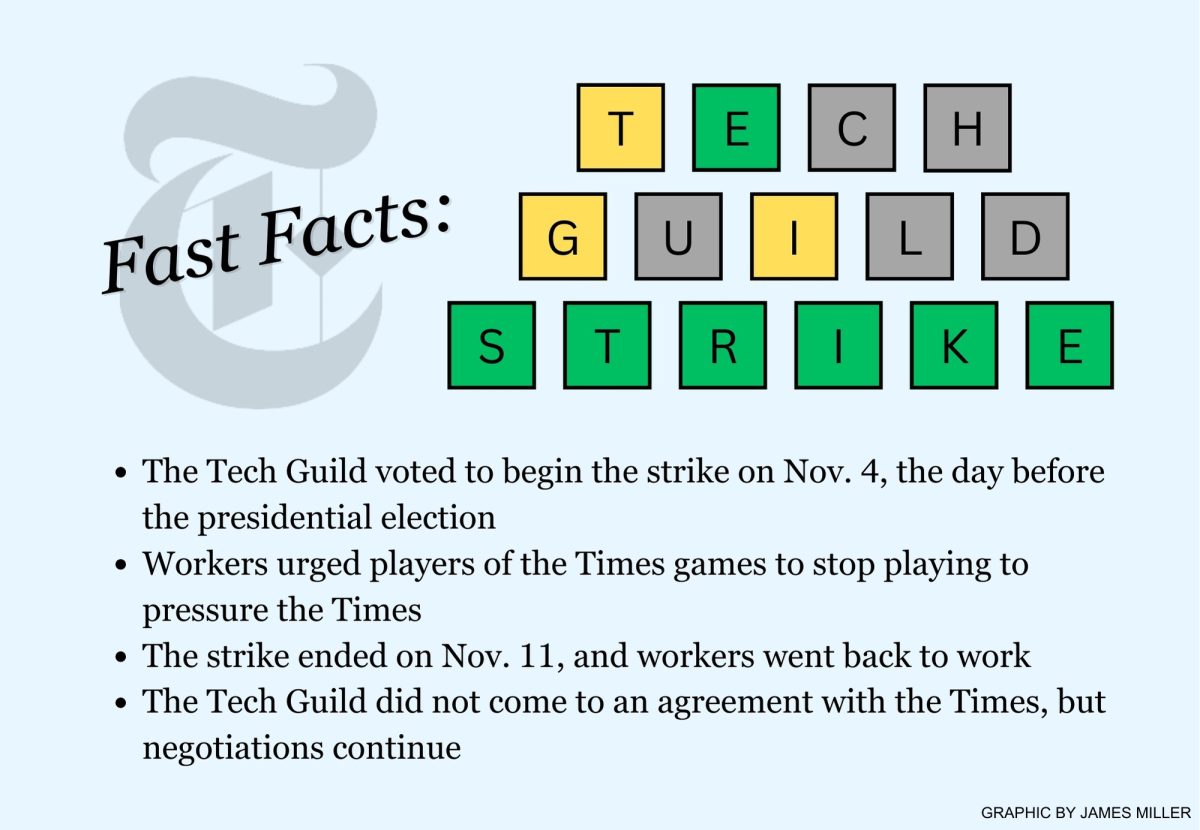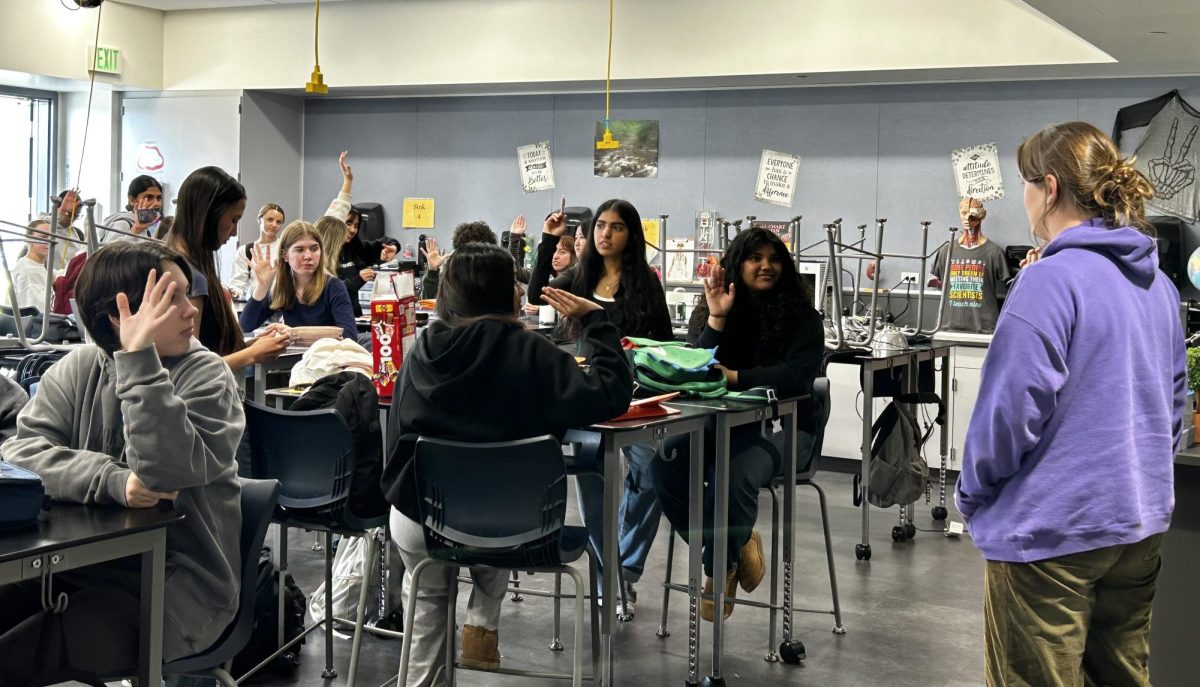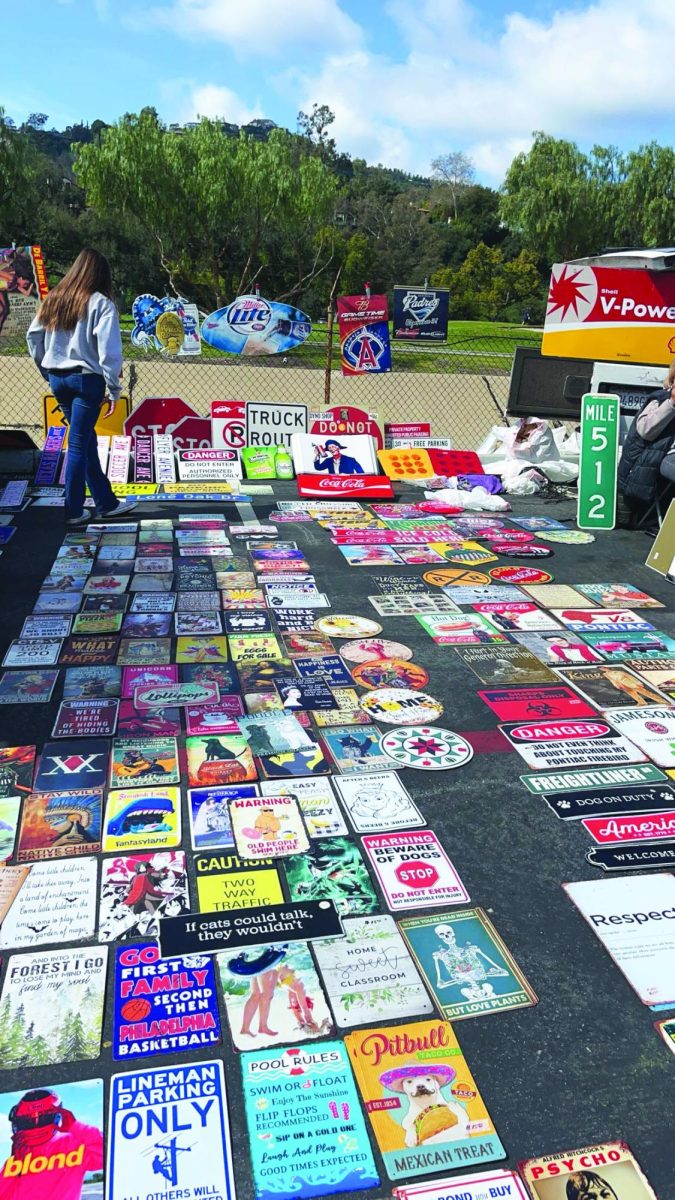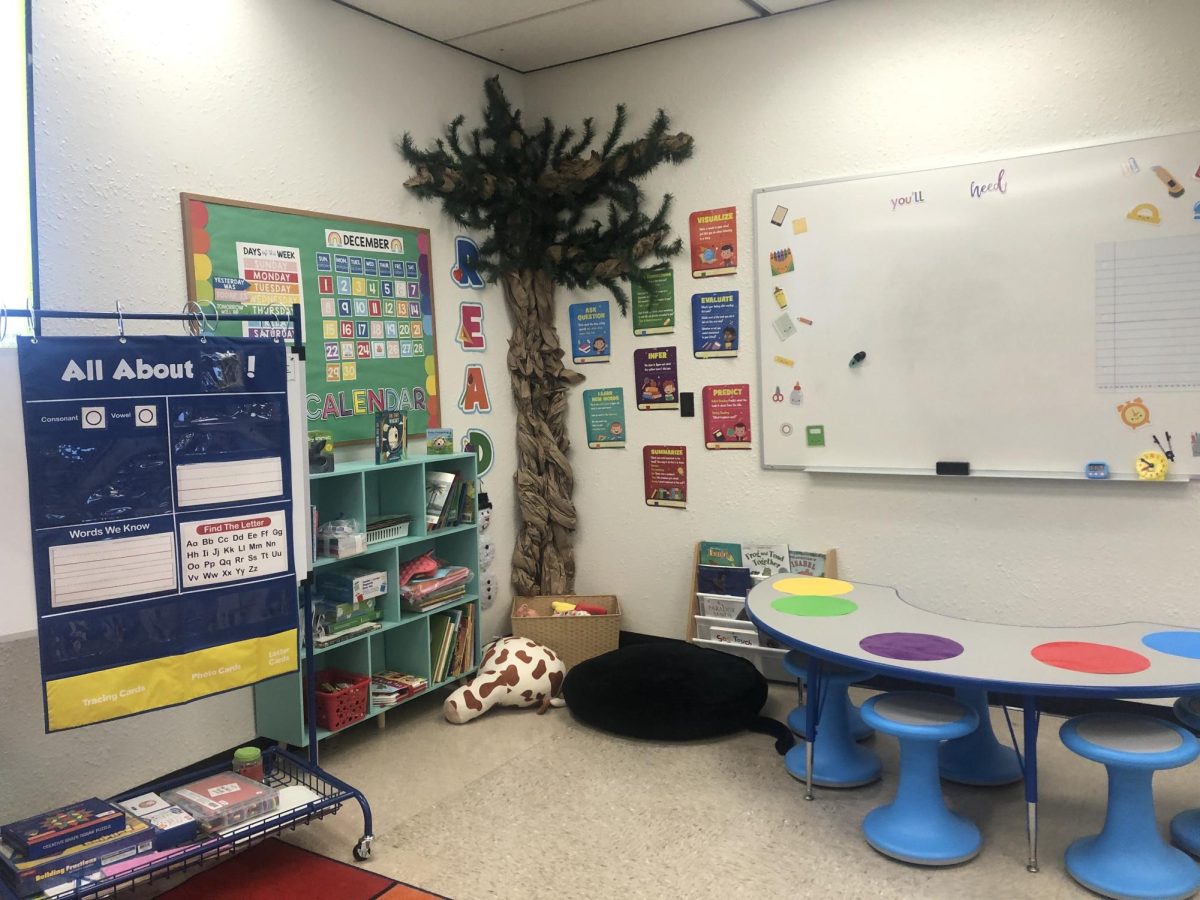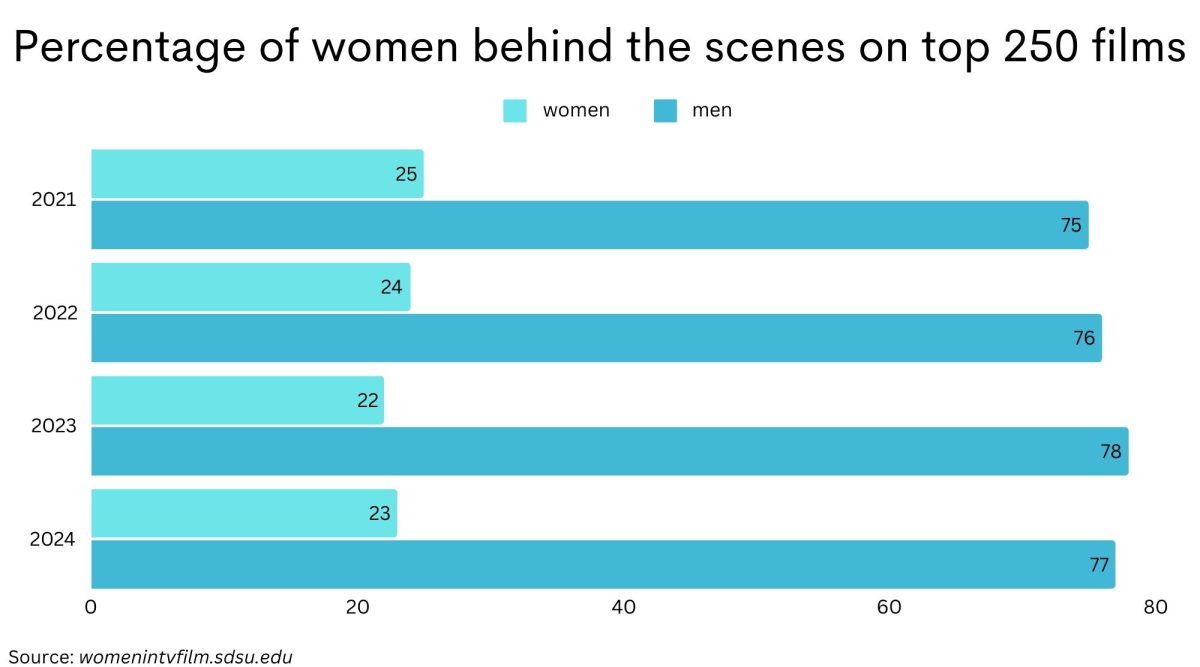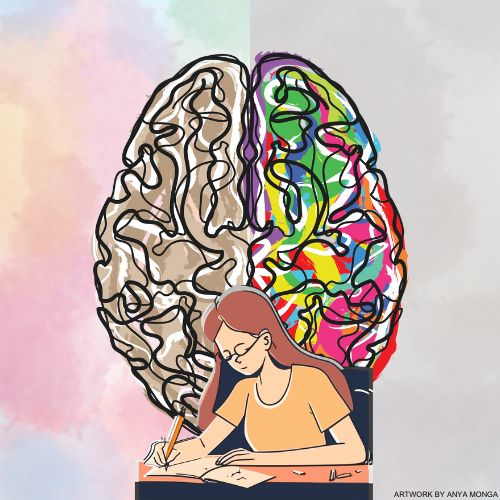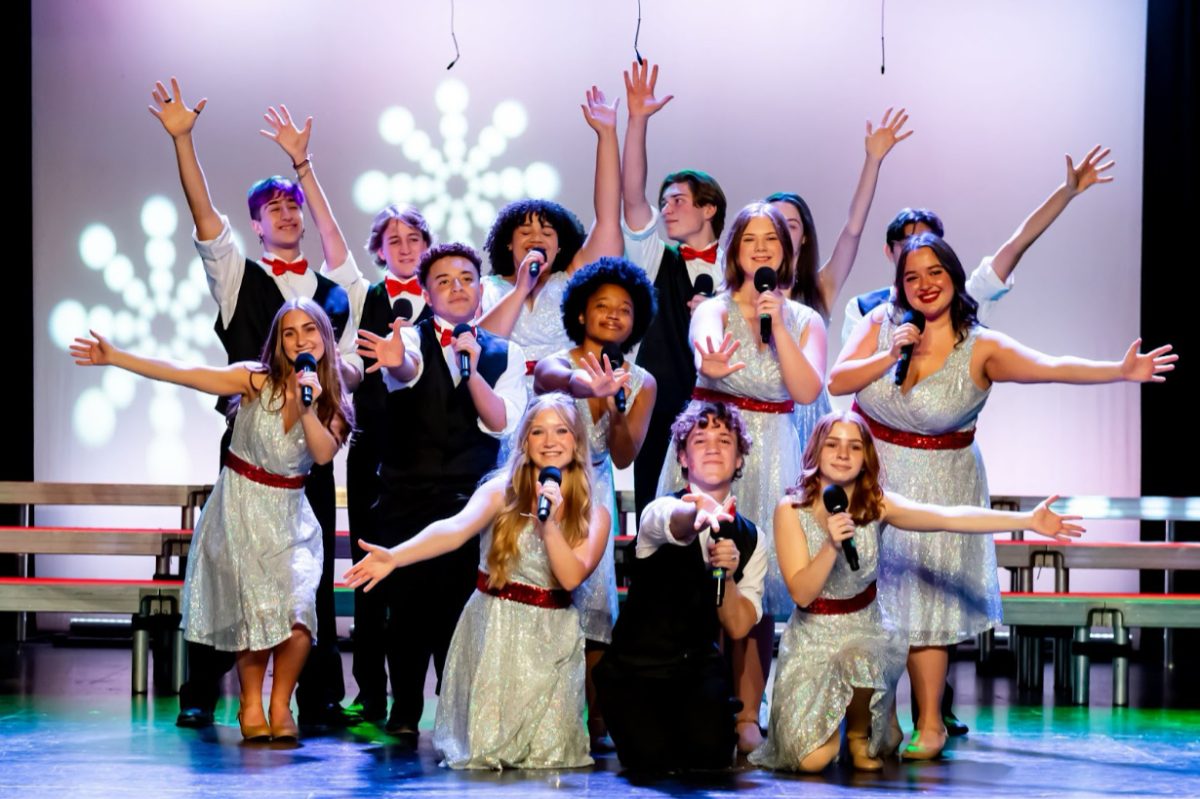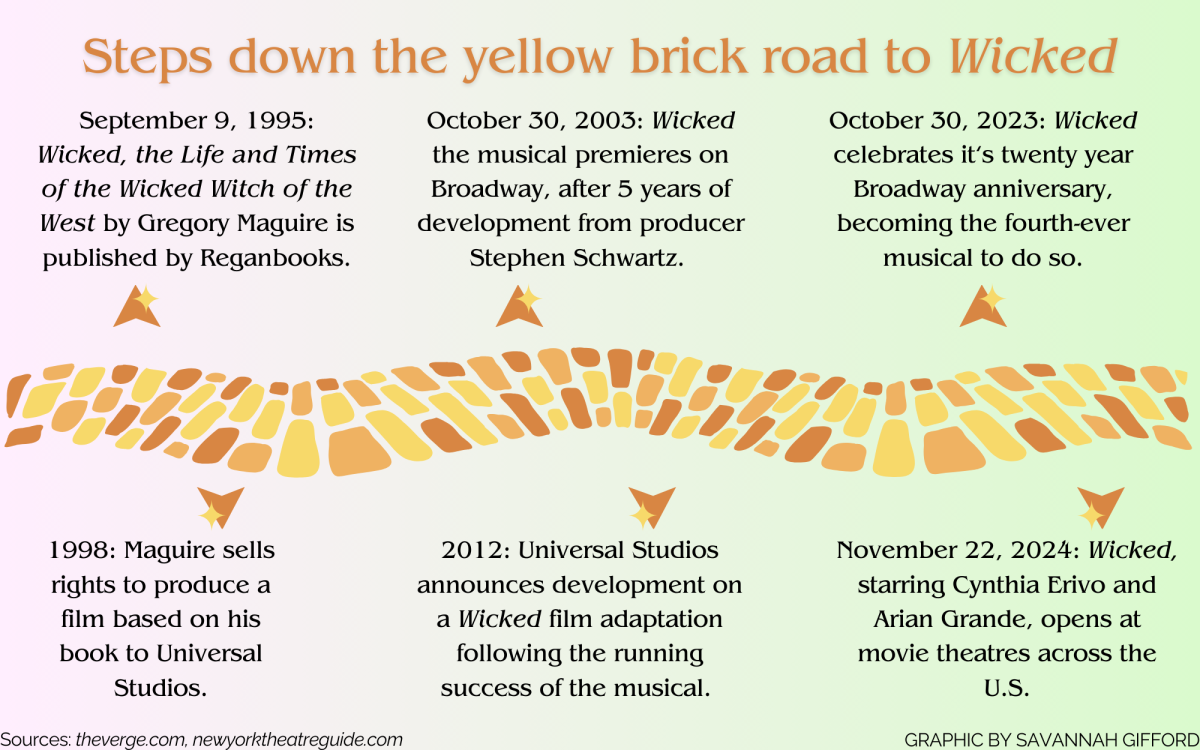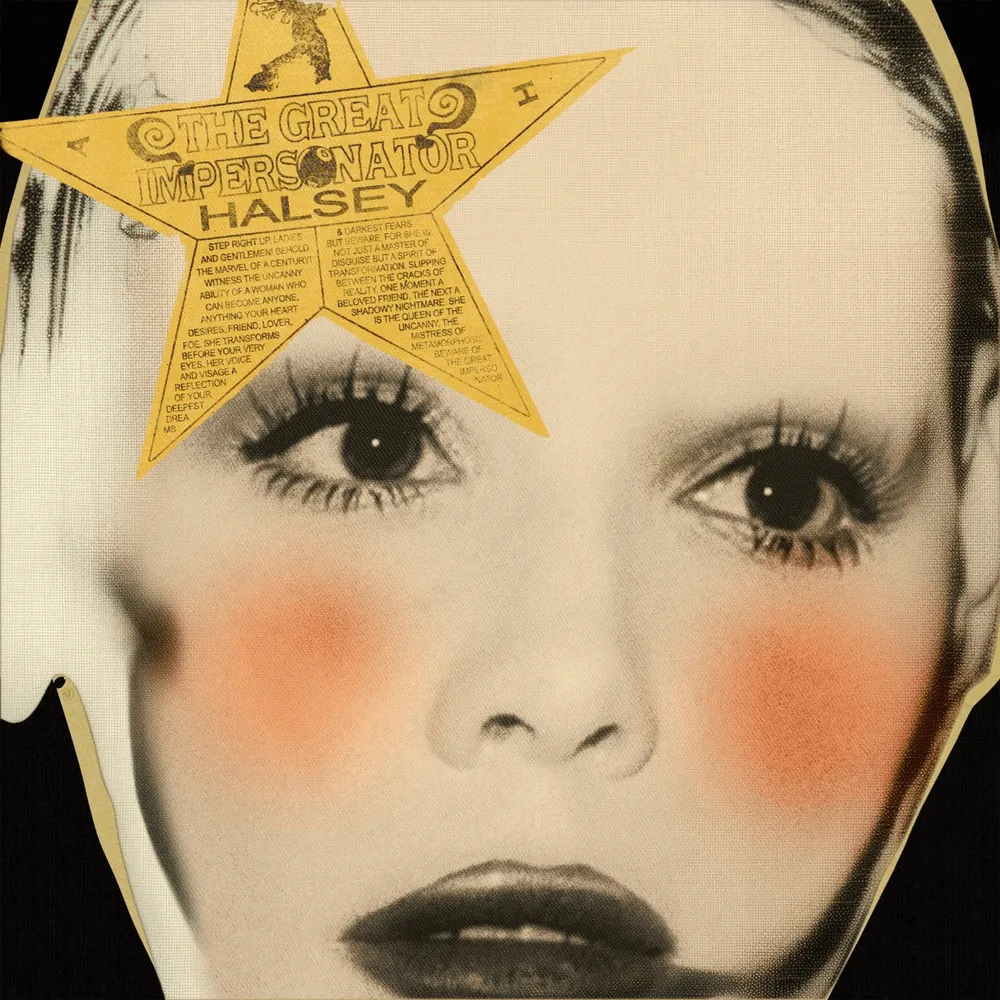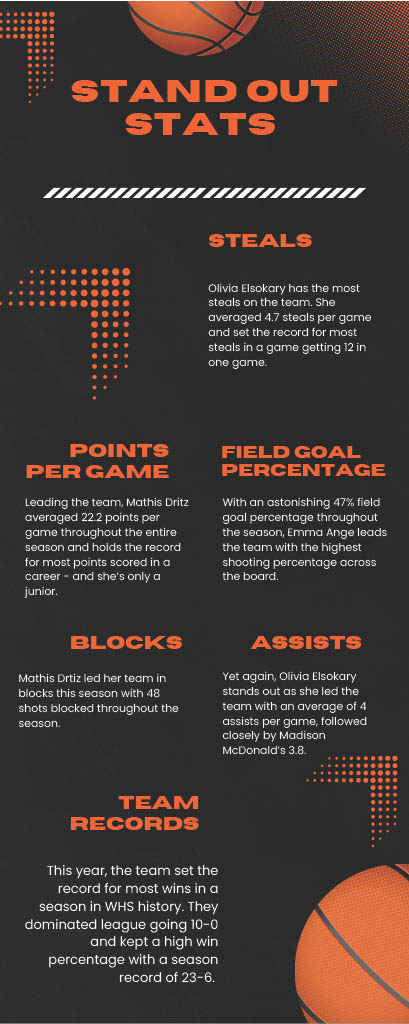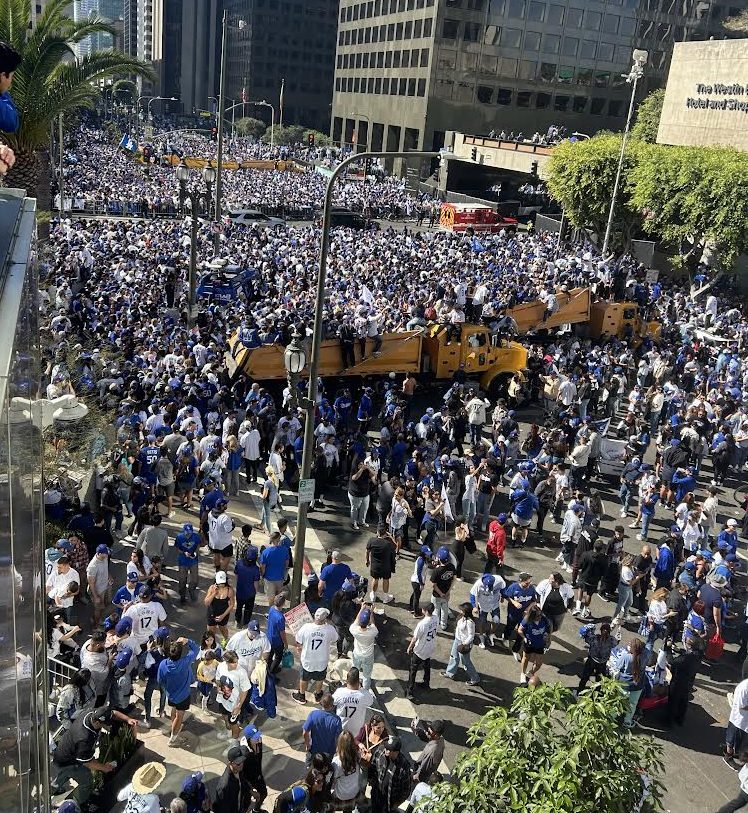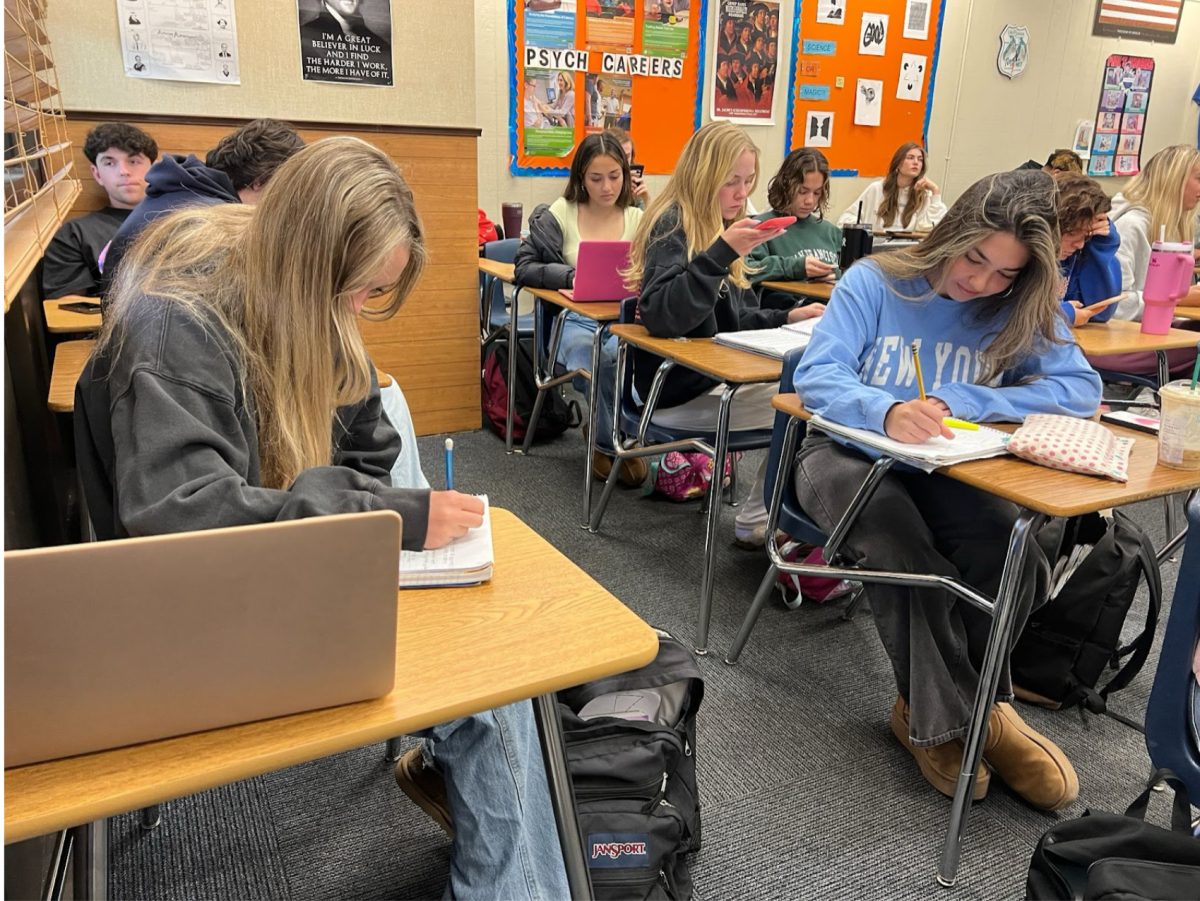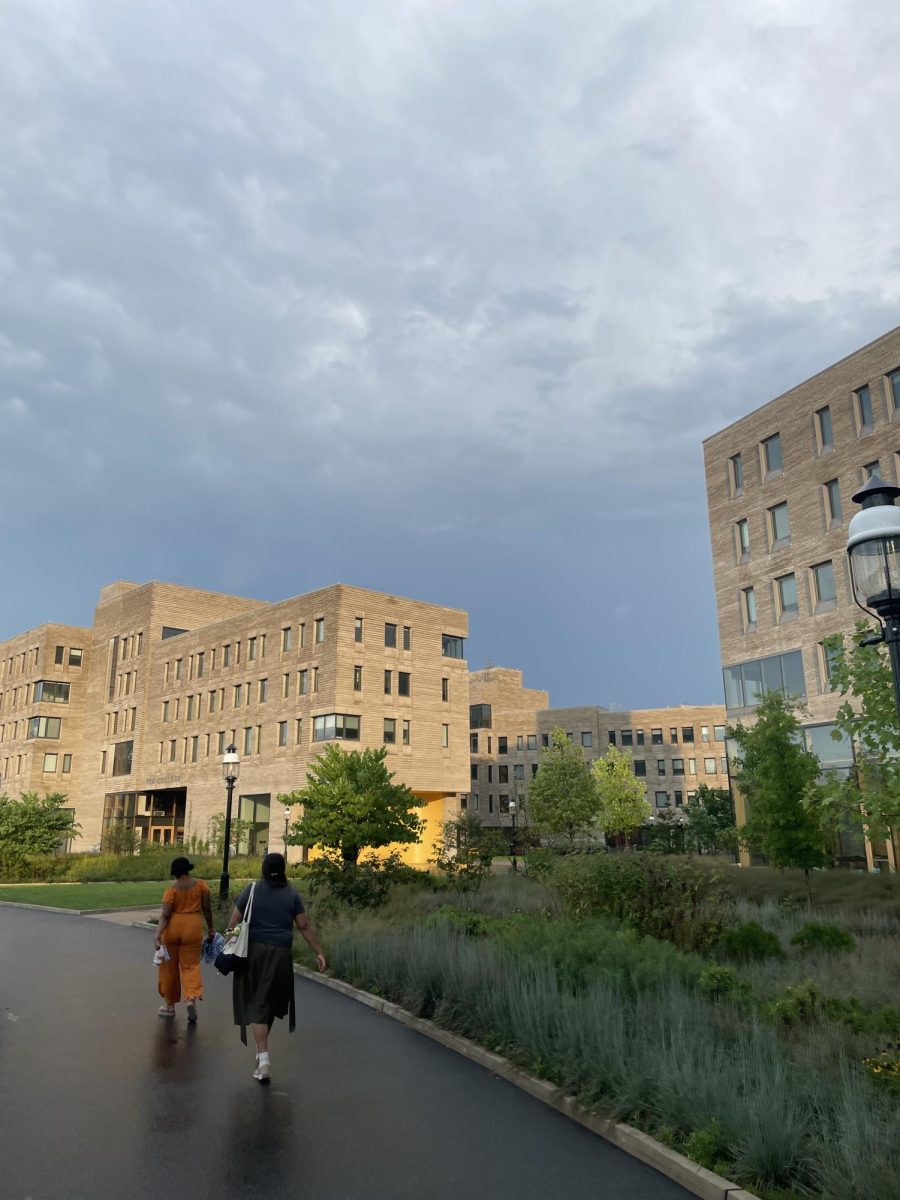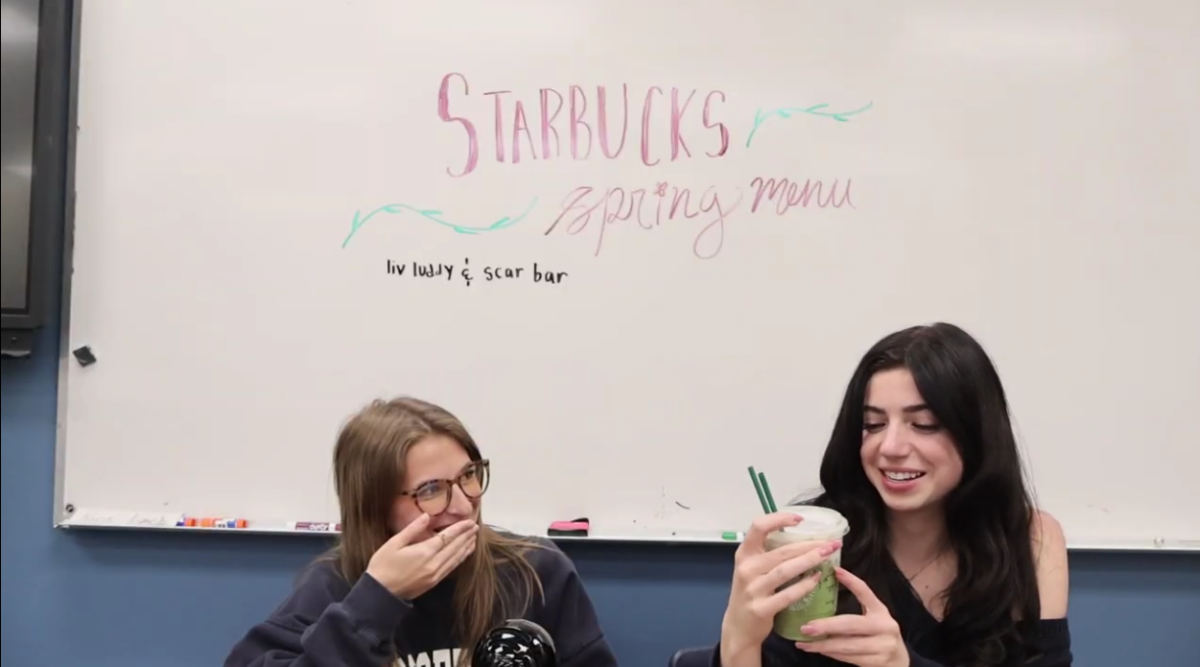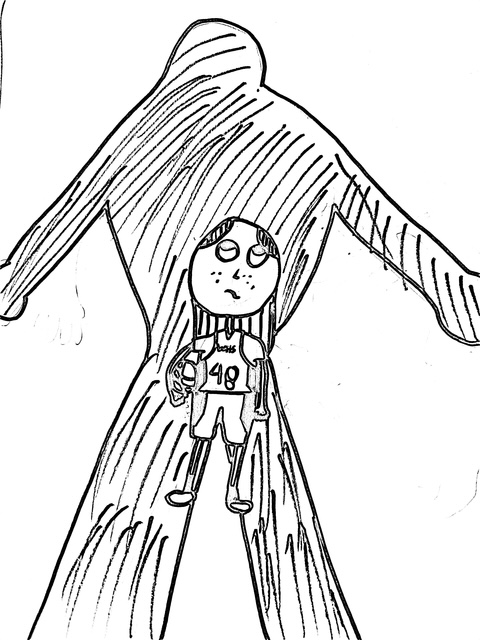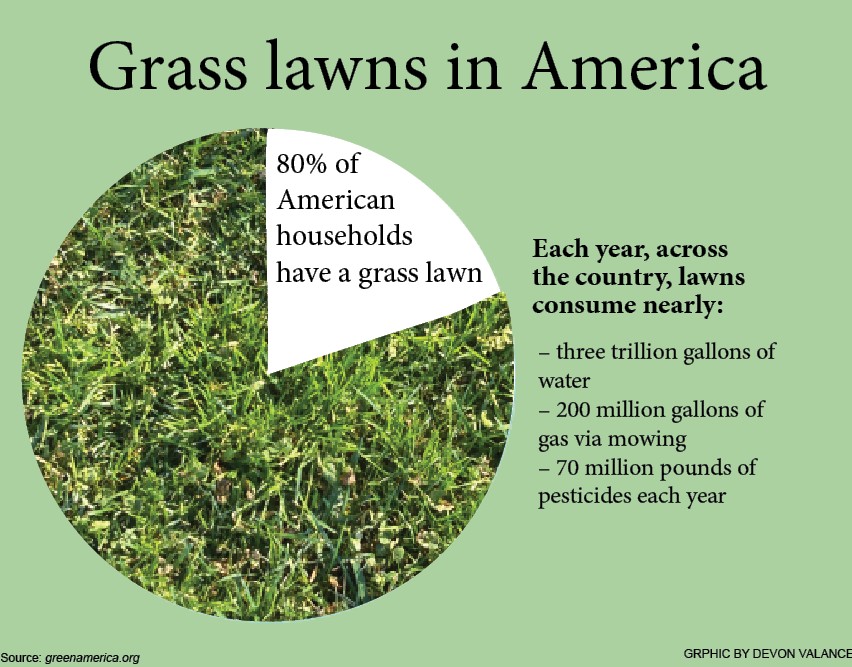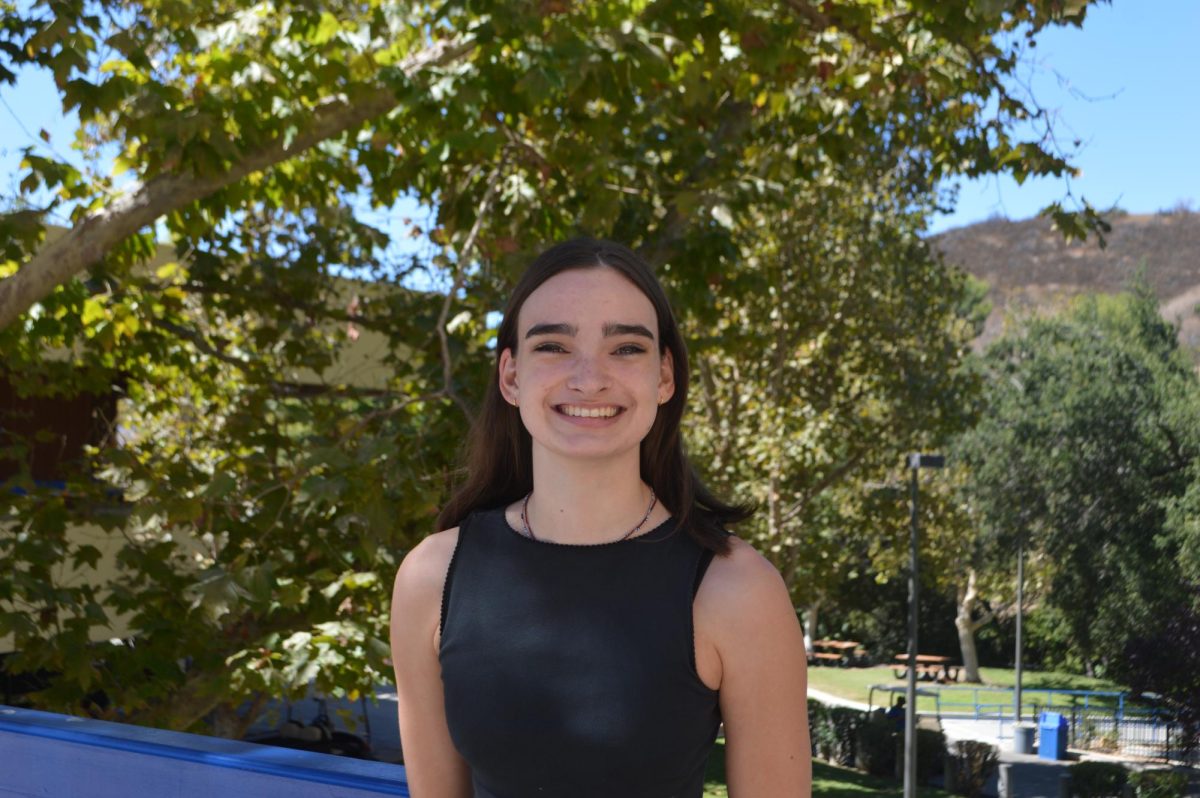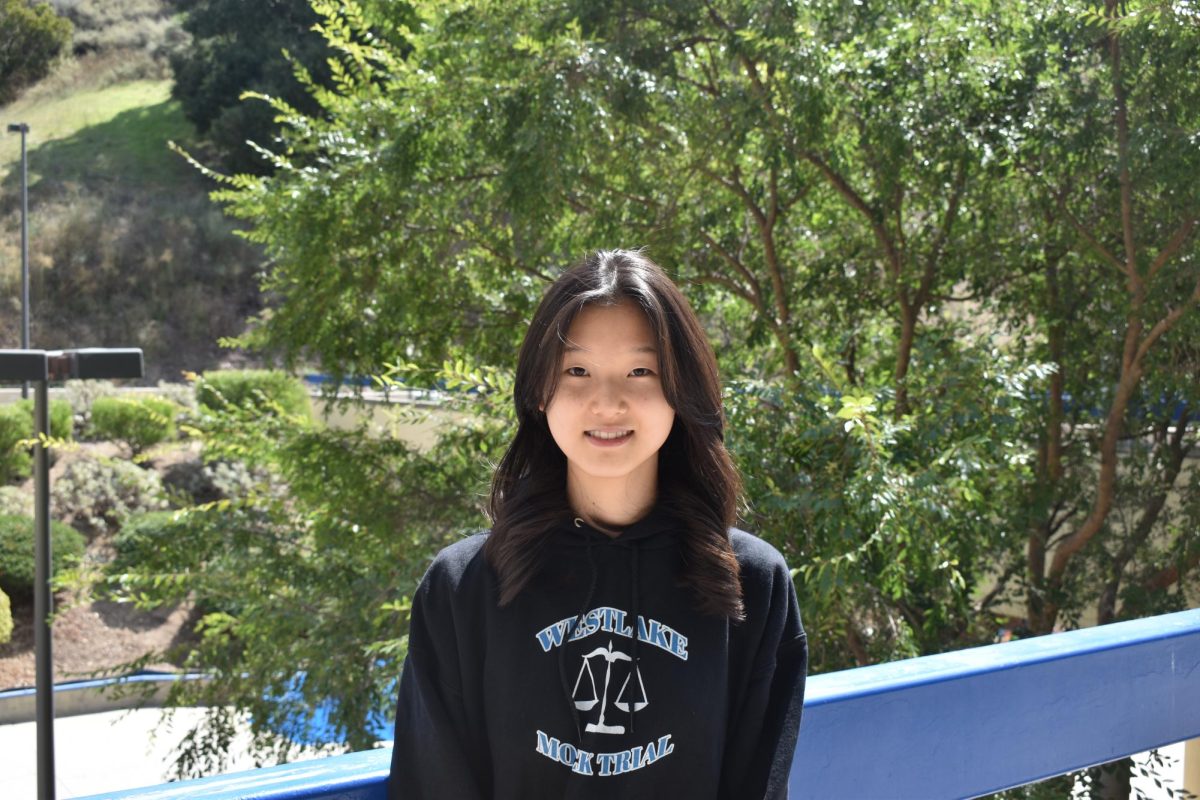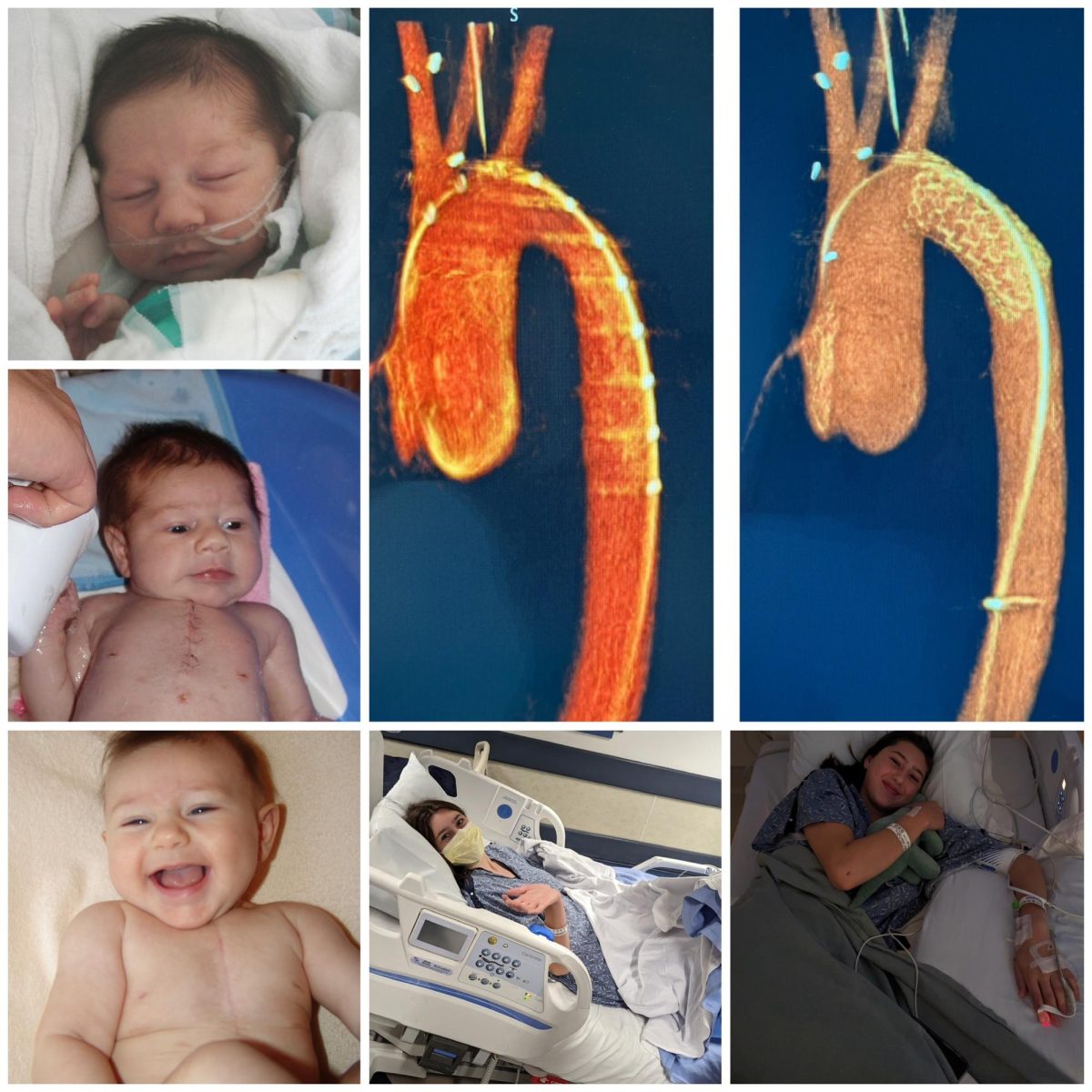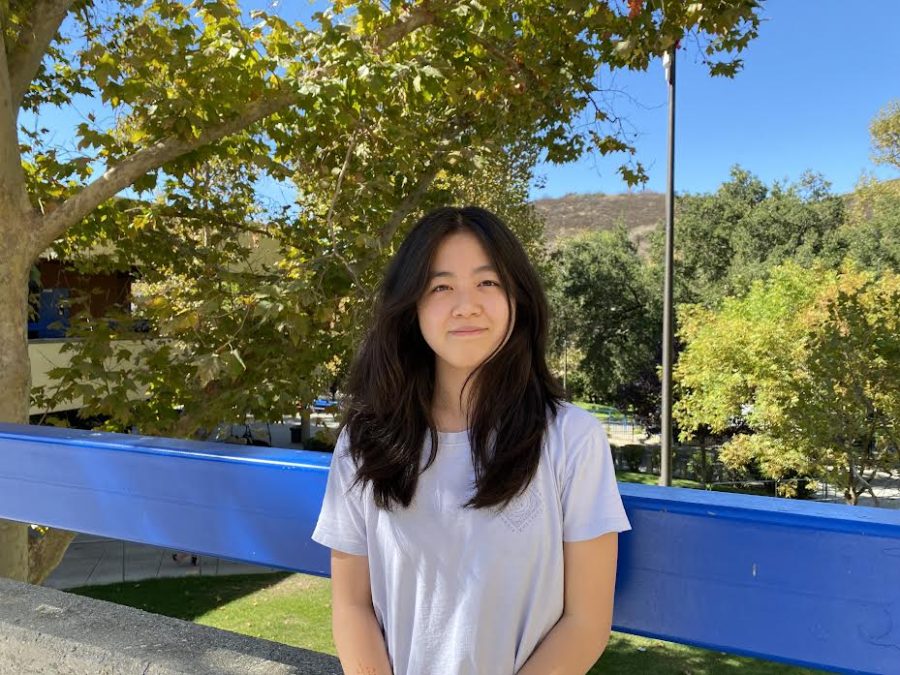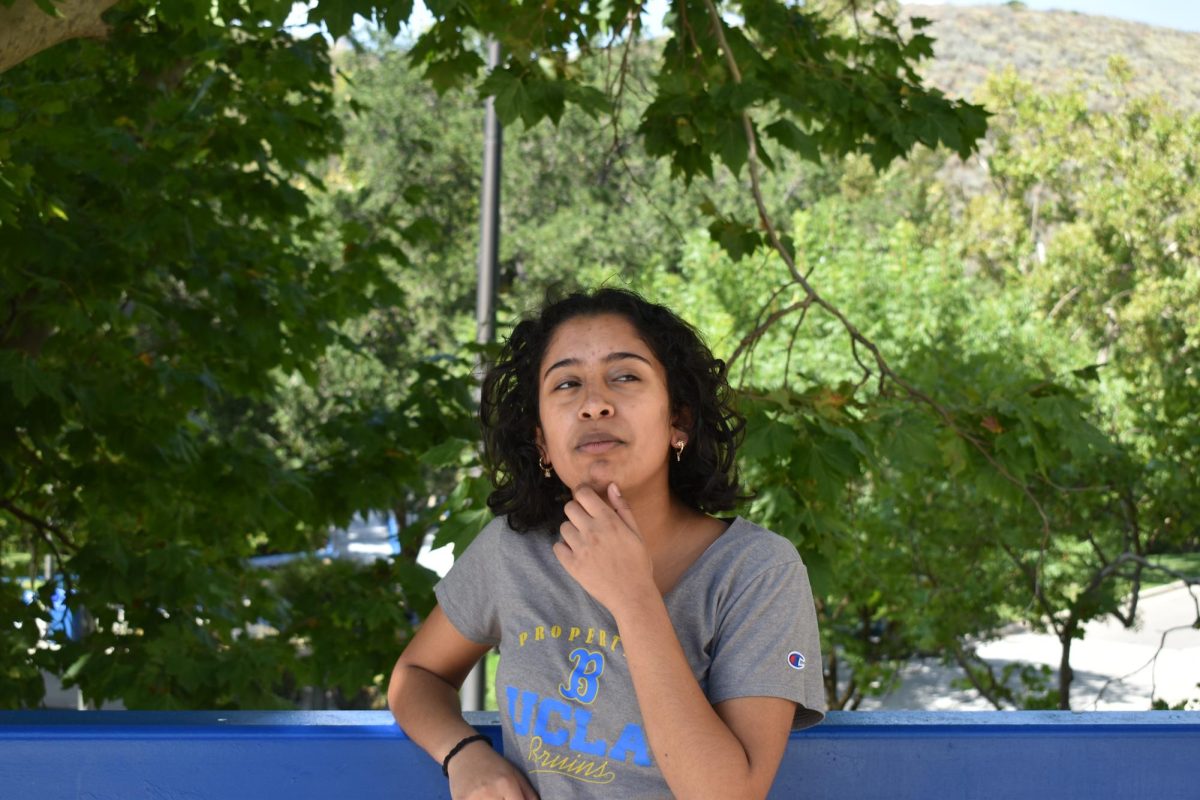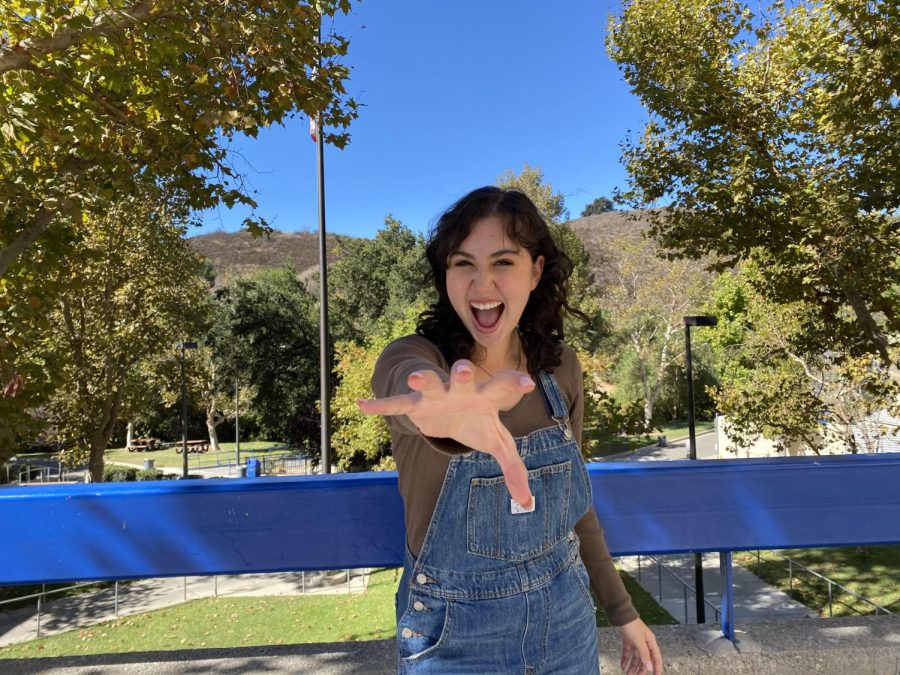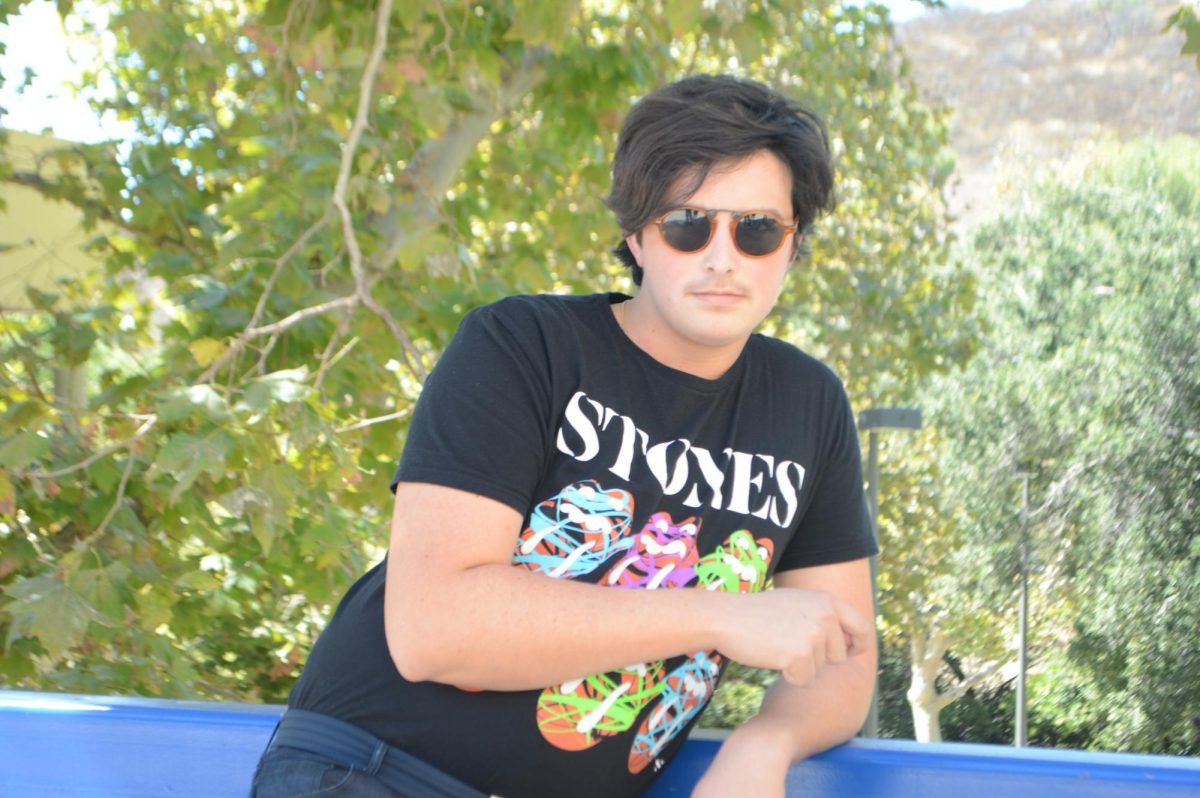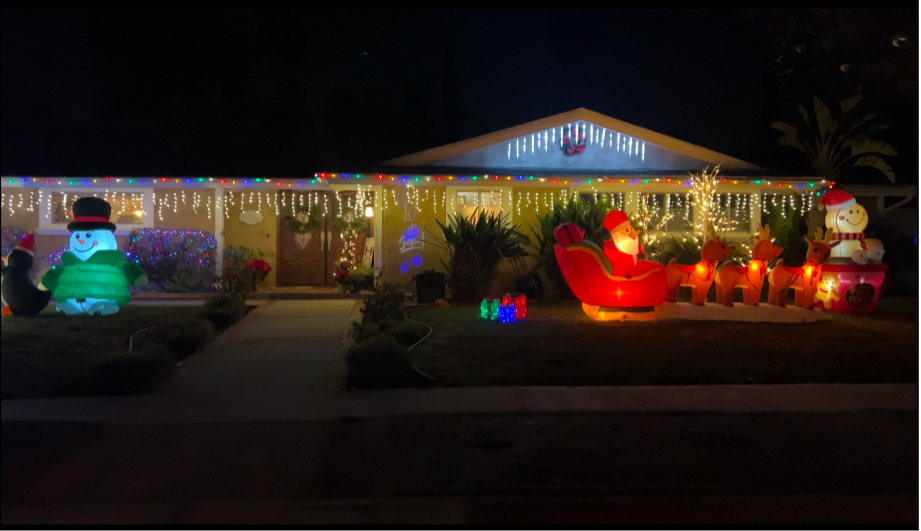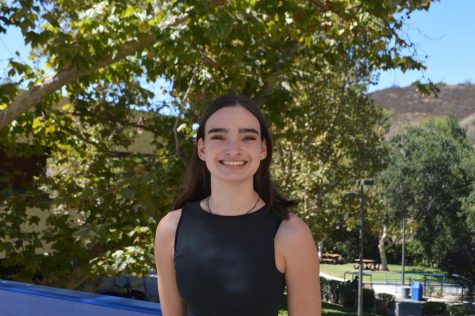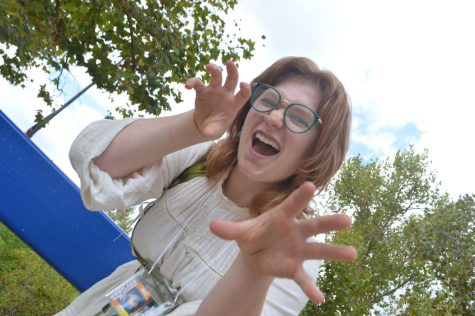“The worst thing they could say is no,” my mom told me when she brought up the idea of applying for a press pass for the second Republican Primary Debate held at the Ronald Reagan Library.
To the American public, this debate was nothing special. Candidates were still yelling at each other about Ukraine and foreign policy, former president Donald Trump wasn’t in attendance and to some, the whole ordeal seemed pointless. To me, as ridiculous as it sounds, this debate was life changing.
When a woman named Melissa emailed me a week after I applied for a press pass for the second Republican Primary Debate hosted by Fox Business at the Ronald Reagan Library and told me that my request was granted, panic mode set in. I had continuously told myself and others that there was no way they were going to approve my request. While I was actively keeping up with the presidential race, I felt like all of my knowledge suddenly evaporated.
When I first got to the park where the shuttles came to pick up the press and take them to the Ronald Reagan Library, I was more nervous than I have ever been in my entire life. There were already lots of journalists waiting, and I could hear the protestors that were at the entrance of the library. The whole spectacle was overwhelming and I was unsure if I was going to make it through the entire night. When I got on the shuttle, a man sat down next to me and immediately asked if I was a student journalist, why I was here and if I was excited. We talked the entire shuttle ride there about policy issues we wanted to be addressed and how I could get started as a professional journalist. By the end of the ride, he had given me his card and told me that we would be in touch. I found a mentor. It was like the journalism gods had sent me a guardian angel to help me get through the debate.
We got through security and made it into the media filing center with all of the other journalists, where my new mentor took me around the entire room. He introduced me to everyone he came in contact with. I met journalists from NBC, The Los Angeles Times and CNN. It felt like I had made it into the journalism club.
At around 7:30 p.m., after the proctors went to its last commercial break of the night, I noticed that many journalists were packing up their things and leaving the media room. I realized these journalists all had the same spin room access passes that I had and were heading down there to set up. At that moment I felt a rush of adrenaline and packed up my things and followed the small crowd of journalists out of the media room and into the spin room. The spin room is an area where journalists from mainstream media outlets get to ask the candidates questions after the debate. Why I was ever given a this pass, I’ll never know, but I am extremely grateful nonetheless.
Since I got there early, I was able to find a place in the front of the press line, and within minutes of entering the room, Fox News anchor Sean Hannity came out to speak to us. I was frozen in my spot as I stared at him. He was very kind to us in the press line, answered the journalists’ questions, cracked some jokes and then promptly thanked us before leaving for his set. Before I had time to even process this interaction, the debate was over, journalists swarmed the room and we were told that the candidates would be arriving shortly. Once Ron DeSantis, Vivek Ramaswamy and some of the other candidates entered the room, panic mode set in yet again. Everyone in the press line was yelling and getting pushed as the candidates walked down the line, and I felt like I was about to be crushed. Luckily for me, a woman next to me noticed I was likely in the early stages of a panic attack and helped me through the process. She kept pointing out where the candidates were and when I could capture good photos of them walking by us–she was another guardian angel sent by the journalism gods to help me through the night.
I spent about two hours in the spin room, taking photos of the candidates and recording their or their campaign managers’ interviews with other journalists surrounding me (I never plucked up the courage to ask a question myself). I got the opportunity to talk to different journalists, one from The New York Times and another from CNN. However, just before I was about to leave, one of Vivek Ramaswamy’s campaign workers came up to the press line and told a group of us that Ramaswamy’s campaign manager was available for an interview. When every other journalist around me shrugged off the offer, I told him I would do it before I even knew what I was saying. Within seconds, he dragged me over to Kathy Barnette, Ramaswamy’s National grassroots director for his campaign. I remember standing there and not saying anything for an awkward eight seconds before introducing myself and asking a very basic question on the fly: “Does Ramaswamy have a message for young first time voters?” I felt like I blacked out. While I listened to her answer, I was filled with nervousness and excitement. I realized that this is what I wanted to do for the rest of my life: interview professionals, uncover the truth and report this information to the public. Despite the chaos of the night, the whole event brought some clarity to me.
Most student journalists want to feel respected in a professional setting, even if they are just writing about a football game at their high school. I was lucky enough to encounter courteous and generous journalists who shook my hand, treated me with kindness and respect and even helped me find candidates in the crowds of the spin room. Almost every journalist is trying to reach the same objective: to accurately report information to a community or audience. This objective can be vague and may differ slightly from journalist to journalist. However, my beliefs were proven right the night of the debate: journalists look out for each other. We all want to have a strong journalistic society, we all want each other to succeed and we all want to protect the fourth estate, whether that be a high school journalist or a veteran with 40 years of experience.
To students who are trying to make their way through their desired career path: don’t be afraid to be the little guy in a room full of big shots. Extend your hand for a handshake, ask for their business card and insert yourself into the conversation. The worst thing they could say is “no.”

